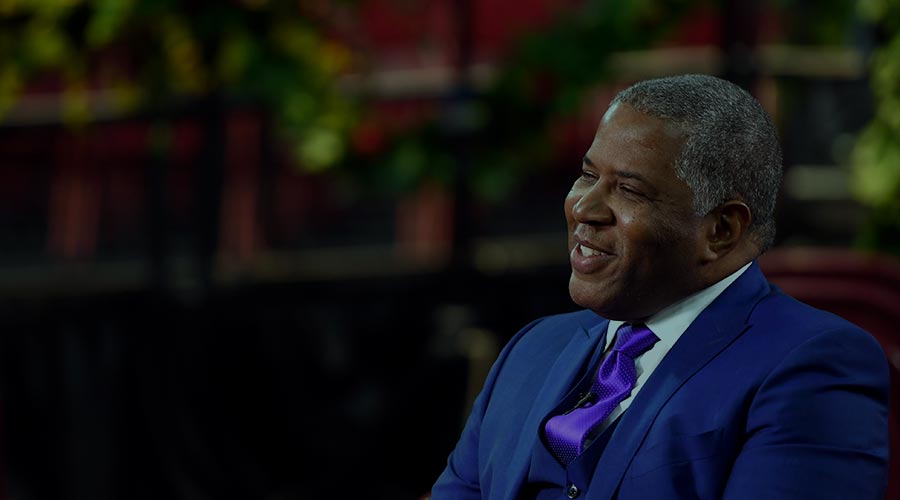The Southern Communities Initiative, a project spearheaded by philanthropist Robert F. Smith, was recently recognized for its efforts to bring broadband internet access to historically underserved communities.
An op-ed published in The Hill on Dec. 1, 2021 notes that internet access has become a necessity for accessing the modern economy, including work, education and healthcare. But even with $65 billion allocated under the recently passed bipartisan infrastructure bill, the U.S. has a long way to go to bring affordable and reliable broadband internet access to low-income communities of color.
To help address this issue, the op-ed notes that “a diverse collection of private organizations — from Robert F. Smith’s Vista Equity Partners to the National Urban League — are stepping to the plate with bold ideas about how to expand broadband access.”
Broadband Access and the Digital Divide
“African-Americans, people of color, those in rural America, and low-income families” have been and continue to be disproportionately impacted by the digital divide, according to the Lewis Latimer Plan for Digital Equity and Inclusion.
Closing this divide is a priority for the Southern Community Initiative because of its potential to help address the racial wealth gap in this country. It would have the added benefit of adding trillions of dollars to the U.S. economy over the next ten years, according to a 2019 McKinsey & Company report.
The Southern Communities Initiative is doing its part by increasing the availability and affordability of internet access to six communities in the south: Atlanta, GA., Birmingham, AL, Charlotte, NC, Houston, TX, Memphis, TN. and New Orleans, LA.
Southern Communities Initiative Video
Want to learn more about what Robert F. Smith and the Southern Communities Initiative are doing right now to address the issue of broadband access? Check out this video interview with Cathie Mahon of Inclusiv.
Learn More About Solutions for the Digital Divide
Interested in learning more about the digital divide? Find out what solutions are under discussion by thought leaders such as Robert F. Smith and Rev. Al Sharpton.






